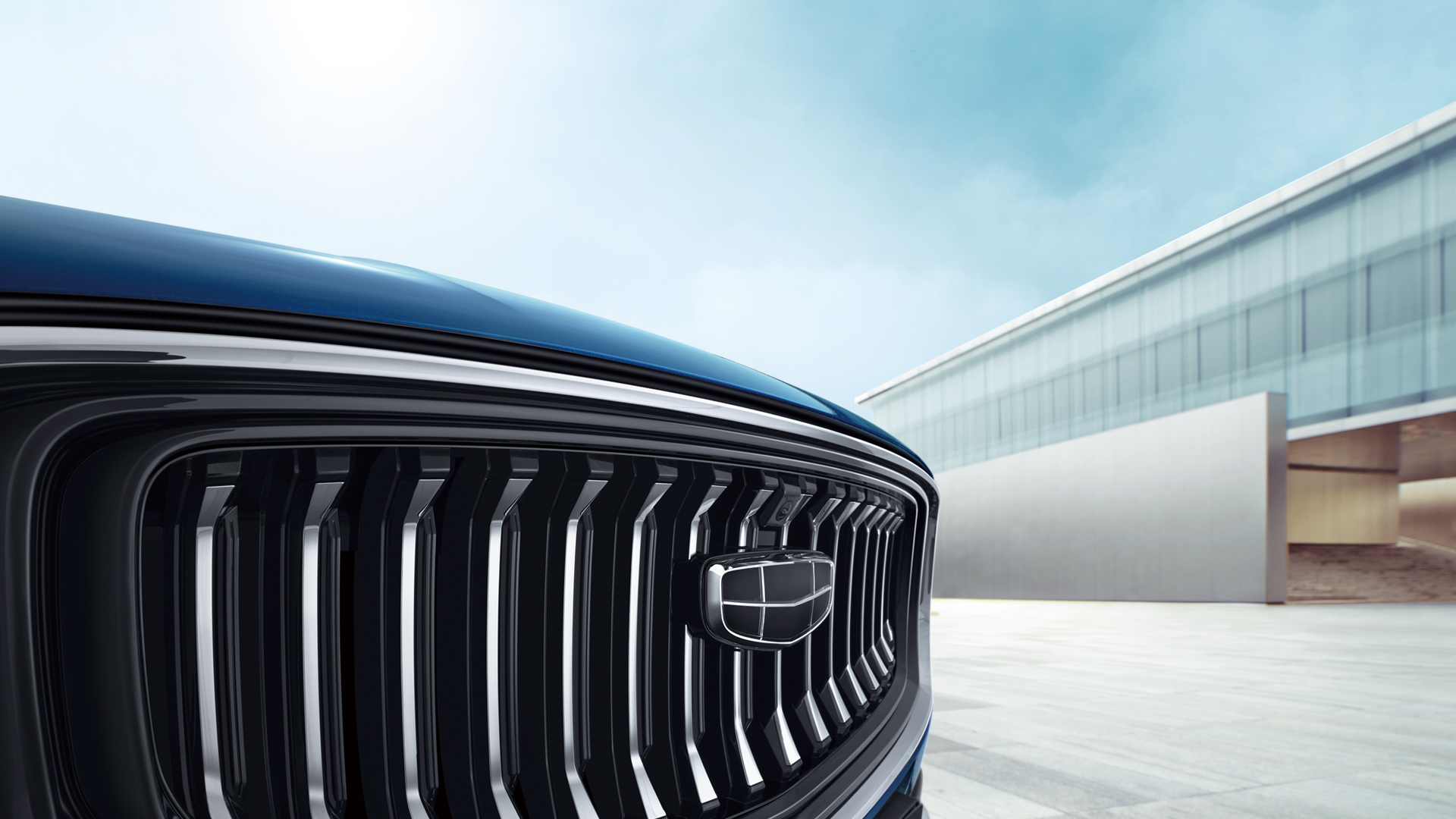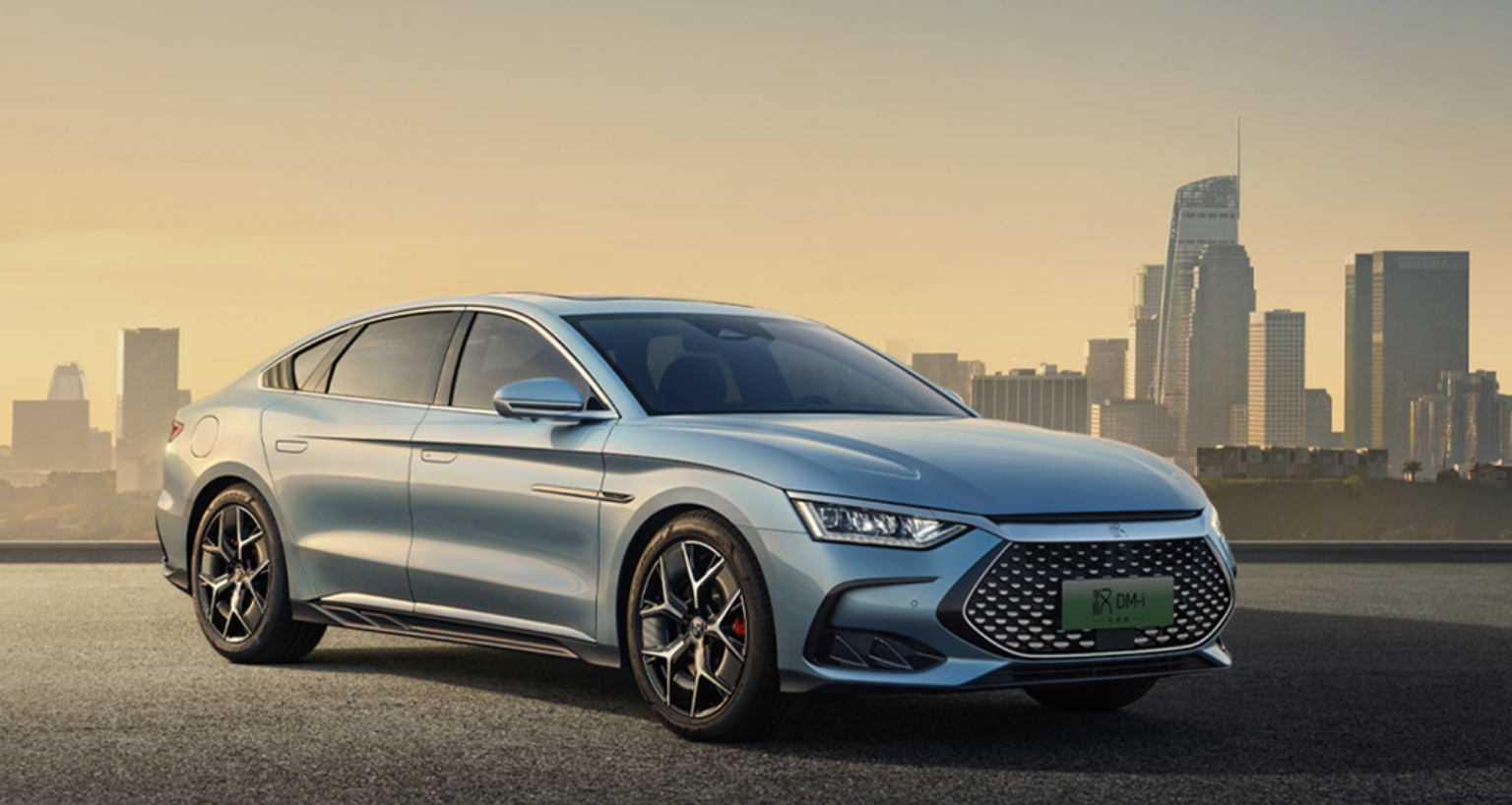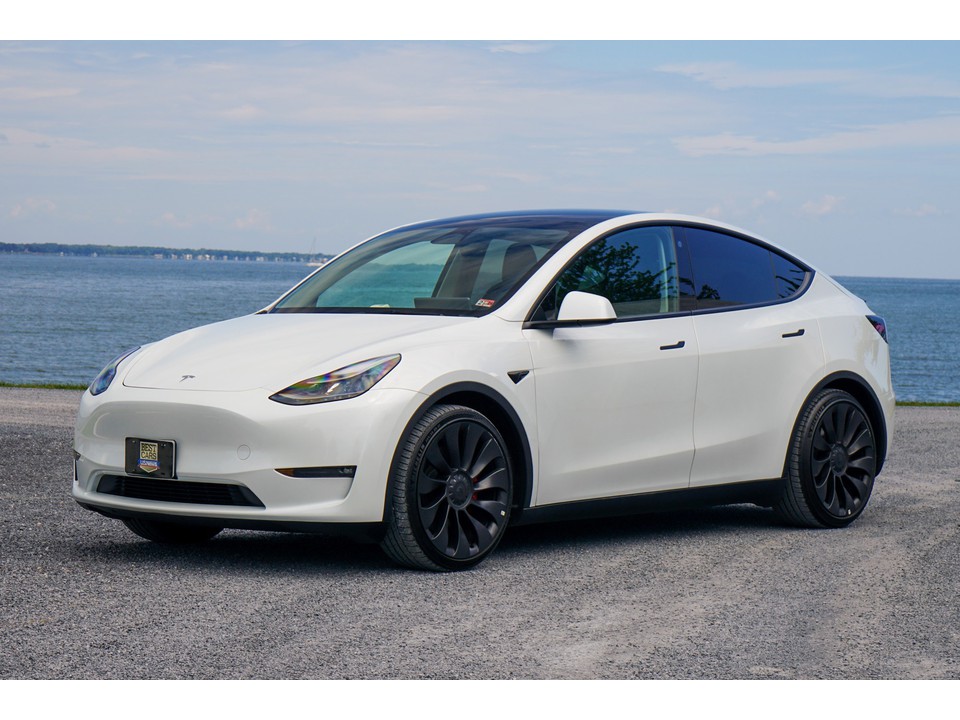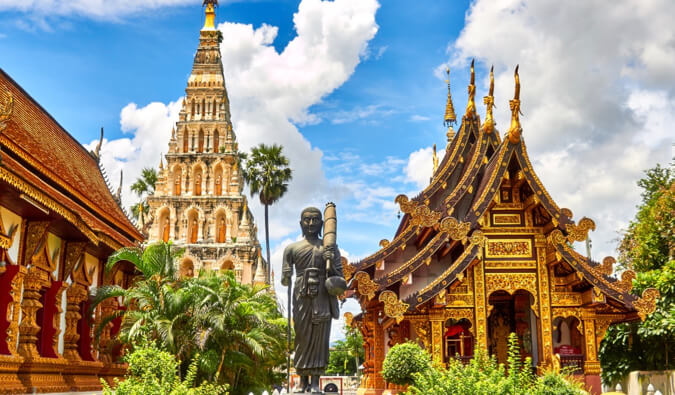Thailand, Indonesia become important links in the electric vehicle supply chain
Thailand, Indonesia become important links in the electric vehicle supply chain
Thailand and Indonesia have become one of Asia's hottest investment destinations for electric vehicle components and materials, as Japanese, Chinese and South Korean companies race to join the region's electric vehicle production, Nikkei Asia reported.

Japanese plastics maker Kuraray opened its first factory in Thailand this month.
The new factory is one of a growing number of EV-related investments in Thailand, Southeast Asia's largest car producer, but still a new frontier for electric vehicle models. South Korea's Hyundai Motor Co. started producing electric vehicles in Thailand last year, and China's BYD Corp. plans to start assembling cars there in 2024.

Some 70 billion yen ($520 million) was invested in the Kuraray plant, a joint venture with Thai petrochemical company PTT Global Chemical and Japanese trading house Sumitomo Corp.
Kuraray's high-performance resin Genestar is being produced there. It has higher heat resistance than standard resins and is used in high-voltage parts around car batteries. Genestar is produced in Japan, but the new plant in Thailand will double annual production to 26,000 tonnes.
Multilayer ceramic capacitors stabilize the current flowing inside a device, and an electric car may need as many as 10,000 of them. Murata, a global leader in capacitors, plans to increase its supply capacity in Southeast Asia.
Thailand introduced incentives in 2022 to facilitate the shift to electric vehicles, and automakers in China and Japan have responded.
BYD plans to open a factory next year with an annual output of 150,000 vehicles. Great Wall Motor, which has already entered the Thai market, and MG Motor, a subsidiary of SAIC Motor, also plan to start production in Thailand.
Japanese parts makers see BYD and other Chinese automakers as potential customers. Toyota Motor and Honda Motor plan to produce electric vehicles in Thailand, but may start small.
When it comes to electric vehicle batteries, Chinese and South Korean companies are looking to resource-rich Indonesia, the region's second-biggest car producer.
China's Amperex Technology, the world's largest maker of electric vehicle batteries, will invest as much as $6 billion to build a factory in partnership with a local company. It aims to complete the project by 2026 and establish vertically integrated production, including upstream processes such as mining nickel. South Korea's LG New Energy will build a battery factory in Indonesia with Hyundai Motor Co.
Automakers in China and Europe mainly import EVs made in their own countries and sell them in Southeast Asia.
Japanese automakers have about 90 percent market share in Indonesia and Thailand. But when it comes to electric vehicles, a handful of Chinese and South Korean companies dominate in both countries.




